
Study Modes
Structured and flexible options: Online, In-Class, or Accelerated.
All nationally recognised education support courses require a 100-hour placement in a real school setting. At ITAC, we make sure you're not just meeting the requirement—but gaining meaningful, supported experience. You'll work with students aged 5 and over in a primary or secondary school while receiving guidance from experienced local trainers across Australia. With flexible scheduling, school contacts, and one-on-one support, your placement is designed to build confidence, skills, and career pathways.

Here are the top questions we get regarding placement:
All students completing a nationally recognised education support qualification are required to complete a minimum of 100 placement hours in a real school setting. This applies to all education support courses including the combo.
Your hours must be completed in an approved school (primary, secondary, or special needs), and you’ll work under the supervision of a classroom teacher. A standard school day (e.g. 8:30 am to 3:00 pm) usually counts as 6.5 hours, so most students complete placement over 16 full days.
Placement must be completed in a school-based service with children aged 5 years or older, where instruction is delivered by a qualified teacher (degree or higher). This typically includes primary schools, high schools, and special education settings.
Note: In some states and territories, preschools and kindergartens fall under the school system and may be eligible. In others, they are considered part of the early childhood sector and are not acceptable for placement. If you’re considering a preschool or kindy placement, contact ITAC’s placement team first.
No, childcare centres and long day care services are not accepted for education support placement.
Some kindergartens or preschools may be allowed, but only if they:
This varies by state and only applies to a small number of cases. If you're unsure, check with ITAC before you start—we'll confirm if the service is eligible.
Yes, you can—if the work meets all placement requirements. The school must be eligible, you must be working with students aged 5 or over, and a qualified teacher must oversee the classroom. Your supervisor must be willing to sign your timesheet and confirm that your duties match those required for placement. You’ll also need time during your shift to complete placement tasks and be available for a trainer visit. If unsure, check with us before you start counting hours.
Start thinking about placement after completing your first few assessments, particularly if you have contacts who might help secure a suitable school. This gives you time to explore options without rushing.
However, we generally recommend not beginning placement until most or all theory is completed. This is because placement tasks require you to apply what you’ve already learned. Going in too early means you won’t yet have the background knowledge needed to complete assessments properly.
This advice applies to all courses—Certificate III, Certificate IV, and the combo program. If you're unsure whether you're ready, check with your trainer or placement coordinator before making arrangements.
Yes, we have a placement team that can help. However, because we place large numbers of students across Australia, we can’t always guarantee a spot at your preferred school, in your preferred year level, or close to home. For this reason, we strongly recommend asking around—friends, neighbours, or people you know through your community may be able to help you access a placement through their school. These personal connections often result in better placements and sometimes even job offers.
If you're unable to find a placement, ITAC will assist—but flexibility may be needed with school location, year level, or schedule.
Typically, yes. You should complete most or all of your theory assessments before starting placement. This is because placement tasks require you to apply the knowledge you've already learned—not learn it while you're there.
Starting placement too early can lead to gaps in your evidence, delays in assessment, or needing to revisit the school to complete missed tasks. If you're unsure whether you're ready, check with your trainer before confirming any dates.
Yes, but with conditions. You can’t be placed in your child’s class and preferably not their year level. This is to avoid any conflict of interest and ensure you’re treated like any other support staff member.
You can usually be placed elsewhere in the same school, provided it meets all placement requirements and the school agrees. If you're unsure, check with the placement team first so we can confirm it’s suitable.
Most students attend placement 2 to 3 days per week, which is the preferred option for many schools. This allows you to complete your hours steadily without taking too long or feeling overwhelmed.
Some students complete placement in blocks (e.g. 4–5 days per week over a few weeks), while others spread it out over one day per week if they have work or family commitments. As long as you meet the total required hours and the school agrees, you can choose a schedule that fits your circumstances.
We conduct placement visits because it's a regulatory requirement and a core part of quality training. Your trainer will observe you in action, check your progress, and provide feedback to help you build confidence and improve your skills.
But it’s not just about compliance—schools also expect it. Many centres won’t accept students from providers that don’t visit, and in some cases, students from non-visiting RTOs have been overlooked for jobs or had their qualifications questioned. Worse still, some providers have had their graduates’ qualifications revoked for poor quality training and assessment.
At ITAC, we have trainers based in all major cities and regions, including Perth, Adelaide, Melbourne, Sydney, Brisbane, and Canberra. Your trainer will come to the service during placement to support you, ensure everything is on track, and complete the required assessment tasks.
Choosing a provider that conducts site visits protects both your qualification and employability.
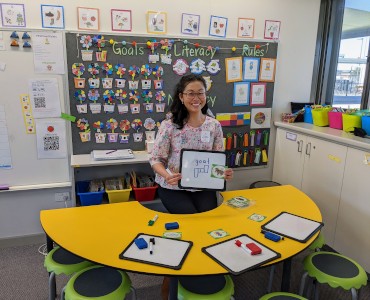
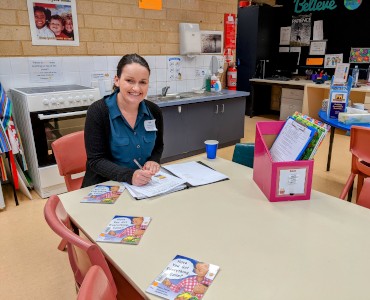
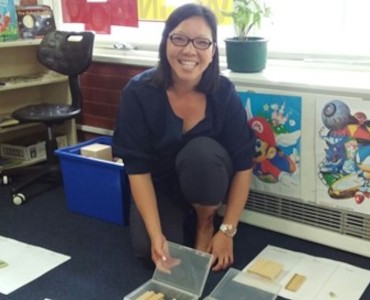
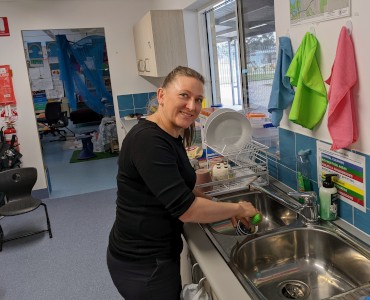
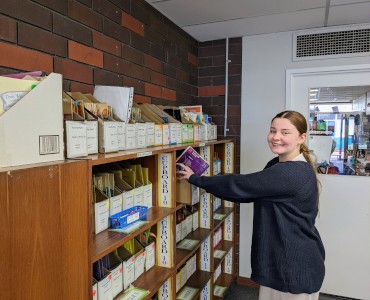
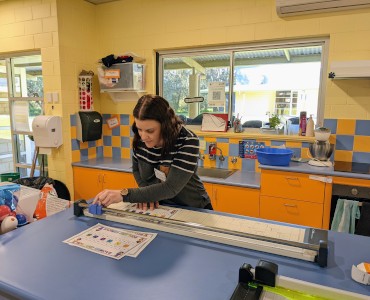
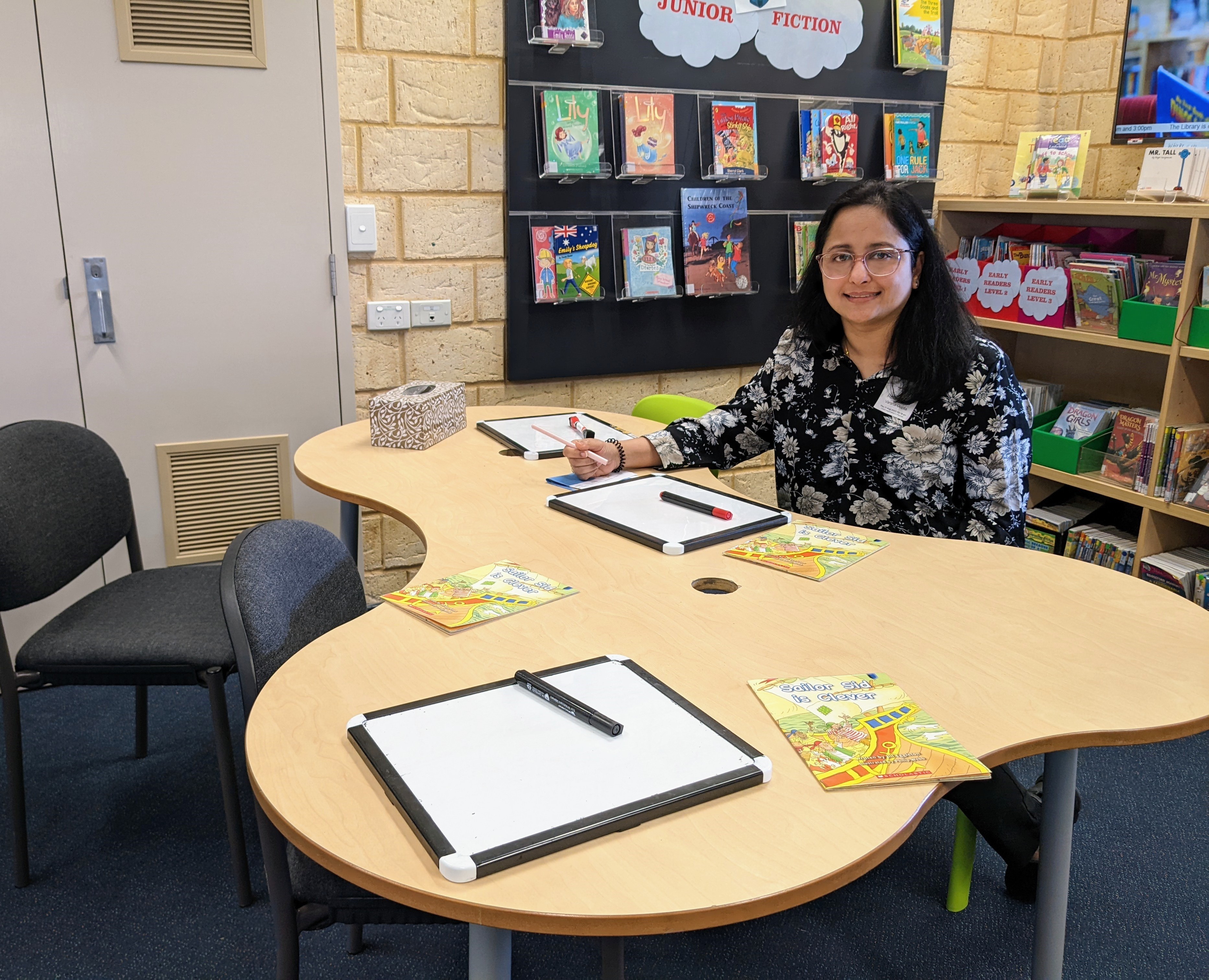
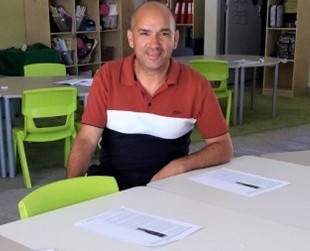
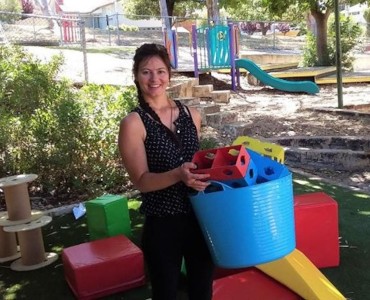
Finish faster with our streamlined dual-qualification model—exclusive to ITAC.
Trainer visits and tailored support during your school or childcare placement.




Experienced trainers across major Australian cities, providing tailored support and local insights throughout your studies.
24/7 access to our comprehensive digital resources, allowing you to study at your own pace, wherever you are in Australia.
Dedicated team committed to your success, offering academic guidance and practical assistance to help you balance study with life's demands.

Experience our range of innovative programs at ITAC, enhancing your educational journey towards success.



